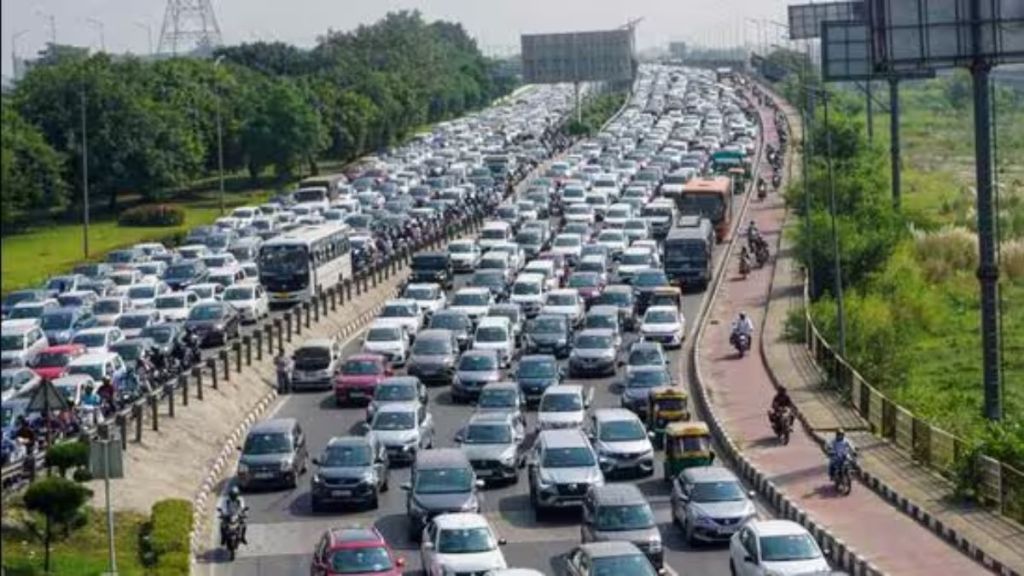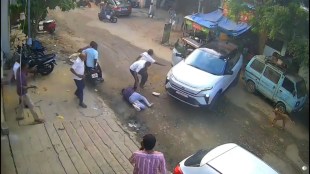At the 25th National Workshop on Road Safety and Best Practices, Uttar Pradesh Transport Minister Shri Dayashankar Singh highlighted the state’s determined push toward enhancing road safety despite limited resources.
Held jointly by the All India Federation of Motor Vehicle Department Technical Executive Officers Association and the Transport Regional Inspectors Service Association, the two-day event brought together key stakeholders from across India to address the alarming rate of road fatalities.
During the inaugural address the Uttar Pradesh State Transport Minister said, “Despite limited resources, Uttar Pradesh is making great strides in the direction of road safety. We are continuously introducing new initiatives, focusing on vehicle fitness and child awareness.”
The minister emphasized Uttar Pradesh’s proactive approach, including initiatives on vehicle fitness, child safety awareness, and rigorous enforcement. Under the guidance of Chief Minister Yogi Adityanath, the state has adopted a “Vision 2030 Roadmap” aiming to cut road accident fatalities by 50%. Transport Commissioner Brijesh Narayan Singh underscored that road safety must transcend numbers, calling it a moral and humanitarian goal.
The Uttar Pradesh government has set a target to reduce road fatalities by 50% by 2031. The roadmap relies on four core principles—education, engineering, enforcement, and emergency response—to address the multifaceted issue of road safety.
Mission Save Lives 2.0: Helmet safety at forefront
Mr. Rajeev Kapur, Managing Director of Steelbird Helmets and President of the 2 Wheeler Helmet Manufacturers Association, announced the nationwide launch of “Mission Save Lives 2.0.” The initiative targets the widespread issue of counterfeit helmets, which make up nearly 50% of the market. The mission calls for stricter enforcement against fake helmet sellers, nationwide awareness campaigns, and technology-backed helmet upgrades.
Kapur highlighted India’s dire need for authentic helmets, citing 2023 data where 54,000 of the 77,000 two-wheeler fatalities were linked to helmet non-use. The phased campaign will begin in Tier 1 cities in 2028, reaching rural areas by 2031. To meet demand, India requires a fourfold increase in helmet production, involving Rs 6,000 crore in investment and the creation of 80,000 jobs.
The campaign also advocates for policy changes, including lowering GST on helmets from 18% to 12% and mandating that two-wheeler manufacturers supply two BIS-certified helmets per vehicle starting January 2027. As Mr. Kapur aptly noted, “A real helmet takes just seconds to wear but can save a lifetime.




















